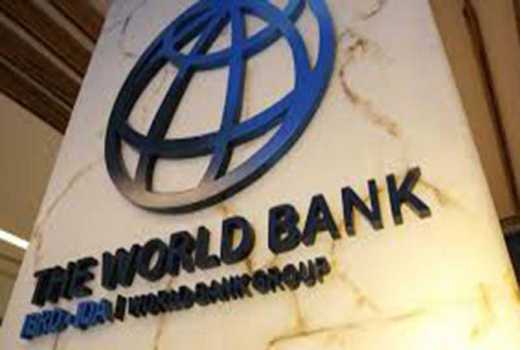×
The Standard e-Paper
Smart Minds Choose Us

The world is moving too slowly to meet targets to provide electric power and clean cooking to everyone on the planet by 2030, with progress on using less-polluting fuels in the kitchen especially the poor, international agencies said.
The Energy Progress Report, released at a two-day forum in Lisbon tackling how to meet the targets, highlighted that some countries - particularly in East Africa - have made big strides in getting electric power to their people in recent years.